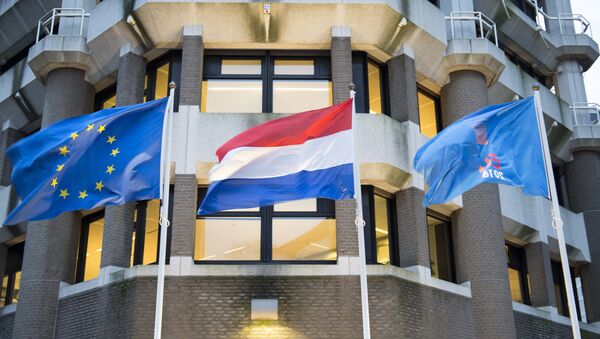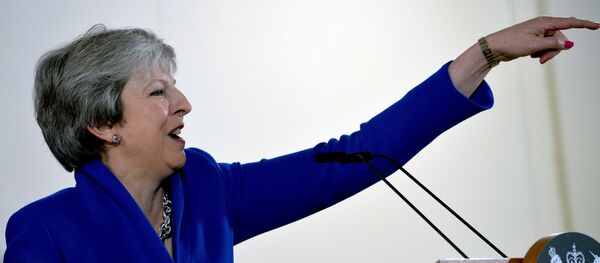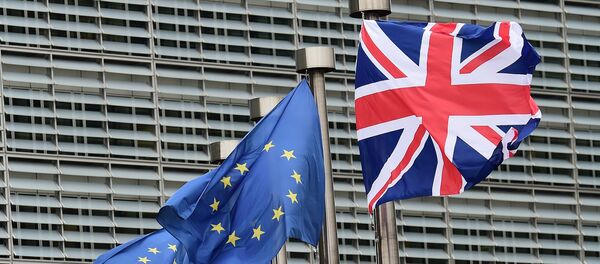Sputnik: What other countries have preceded the Netherlands in assuring residency to UK citizens living abroad?
Maike Bohn: People have been a bit hesitant because they wanted to wait, what's happening to EU citizens in the UK. But there has been some notable exceptions. And we were very, very pleased to hear that the Netherlands has done this because they've had very restrictive nationality laws: they didn't allow for dual nationality and that's still something that's been debated. So we're really pleased. Another country that has made a very positive step is Austria. Austria had extremely strict nationality laws, and they are now planning to change their legislation to allow Austrians in the UK to have dual nationalities. So that's very, very important, especially for EU citizens living in the UK, because, if there is no deal, if Britain falls out, then our rights will be restricted.
One easy way out of all of this and one that would ensure fairness for all EU28 would be, of course, to keep what's been agreed in the withdrawal agreement: the EU and the UK has come to an understanding about citizens' rights, and even if everything else collapses, there is this understanding. It would be really easy to just say, "Let's keep this, because we're talking about 5 million people's lives, and futures, and promises we've made to these people, let's just keep that; because that would ensure that there don't have to be 27 different solutions to this problem, but one solution that would give probably the best legal protection to all of us. So you know, that for us as the3million, as the organization campaigning for EU citizens' rights, that's our preferred solution.
Maike Bohn: solutions to this problem, but one solution that would give probably the best legal protection to all of us. So you know, that for us as the3million, as the organization campaigning for EU citizens' rights, that's our preferred solution.
I have to say it slightly pains me because I am German, and we've had a lot of support from the German Foreign Office. But the Dutch are much more generous than the Italians or the Germans, I have to say. They are more or less saying or implementing what's been agreed in the withdrawal agreement in case there's no deal with the same transition period. So that's very, very generous. You know that is basically sticking to what's been agreed regardless of the Brexit outcomes. And, yes, it's very generous of Germany to have no fee attached to this registration process, but the fee is almost symbolic, the fee is not our main concern — it's the loss of rights attached to the status we're getting, and I think that's where the Dutch really have been exemplary, and other countries should follow suit.
READ MORE: EU Brexit Negotiator Praises Dutch PM for Standing Up to Trump Over Trade
Sputnik: How will the UK assure residency to European citizens currently residing within its borders?
If there is a transition period, they have a bit more time, if there isn't one and if there is no deal, they still have to apply for this new status, but within an even shorter window — and we know that the Home Office error rate is currently a 10%. And with this new, untested system that they are trialling now and that's throwing up quite a few glitches, those trials, this untested system, we expect the error rate to go up and to not everyone knowing that they will have to register and so we're very worried that hundreds of thousands of people might not get this status before the deadline. And the consequences of not getting this new status are very serious: people won't be able to rent, to work and to access healthcare because of the UK's hostile environment, and that is very, very significant. So we have huge worries going forward.
The views expressed in this article are those of the speaker and do not necessarily reflect those of Sputnik.




